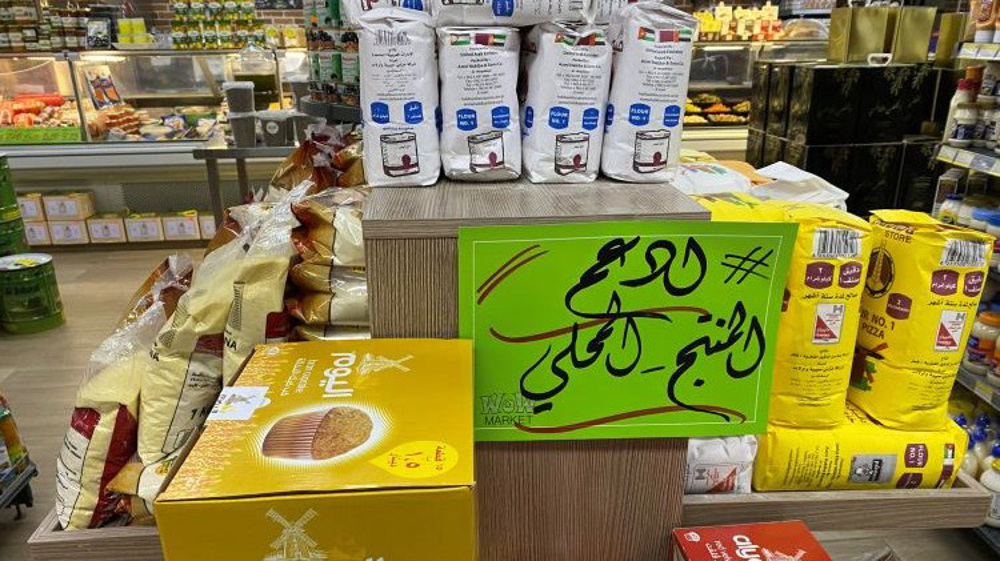Figures show Brazil's recession worsening
The latest industrial data show that Brazil's recession is deepening thus adding to concerns over an already deteriorated status of Latin America's biggest economy.
The data that was released by the government on Friday showed that industrial output shrank nine percent over the 12 months leading up to February. The worst affected sectors appear to have been car-making, machinery and the electronic industries.
Other figures showed that exports also slid by six percent in March compared to the same month last year.
But that was far overshadowed by a plunge in imports which were down 30 percent.
The result was the country's biggest monthly trade surplus in 28 years, hailed by the government as a rare spot of good news.
The poor data on Brazil’s industrial production comes at a time that its trade surplus has grown and the currency is rising on prospects of a new government.
The recession in Brazil, the 7th biggest economy in the world, shows little sign of respite. After contracting 3.8 percent last year, the economy is expected to shrink by another 3.6 percent this year.
The government of President Dilma Rousseff is already facing, among other challenges, many economic road bumps, including high inflation, unemployment, recession and a financial deficit.
A graft scandal involving the country’s state oil company Petrobras has also caused trouble for the 68-year-old Brazilian leader, who headed the company before she took office as president in 2010.
Rousseff will be removed from power later this month if Brazil’s lower house of parliament votes for her impeachment. Her opponents accuse her of manipulating government accounts for her own benefit during her 2014 re-election campaign. She denies the charge.
Brazil has seen a wave of protests over the past weeks by supporters and opponents of President Rousseff.
Sirens sound across Tel Aviv as Hezbollah fires barrage of missiles at Israeli target
Israeli ‘archeologist’ who toured south Lebanon in military uniform to falsify history
The important of Venezuela for Iran
Iran beats traditional rival Russia in freestyle and Greco-Roman wrestling friendly
Rape trials trigger protests against French ‘sexist and misogynistic’ culture
US photographer opens Berlin exhibition with anti-Israel speech
VIDEO | Press TV's News Headlines
VIDEO | US 'non-profit killer’ bill targets pro-Palestinian groups










 This makes it easy to access the Press TV website
This makes it easy to access the Press TV website